ADSactly Awareness - Why Cereal May Be Harmful To Babies
WHY CEREAL MAY BE HARMFUL TO BABIES
It may sound weird to us that some cereals are not good for babies but there are different types of cereals: cereals meant for babies, and cereals meant for older children and adults.
|WHAT IS INFANT CEREAL?
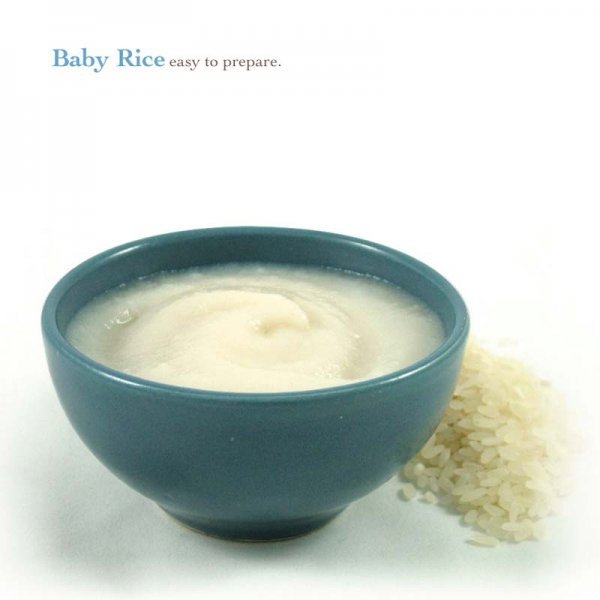
Infant cereal is usually a formula made from grains and other supplements processed for infant consumption. Infant formula or "follow up formula" is also a type of cereal—usually a breast-milk substitute—specially manufactured to meet the nutritional requirements of infants before the introduction of appropriate feeding or before they begin to eat adult food.
WHAT IS THE DIFFERENCE BETWEEN INFANT CEREAL AND ADULT CEREAL?
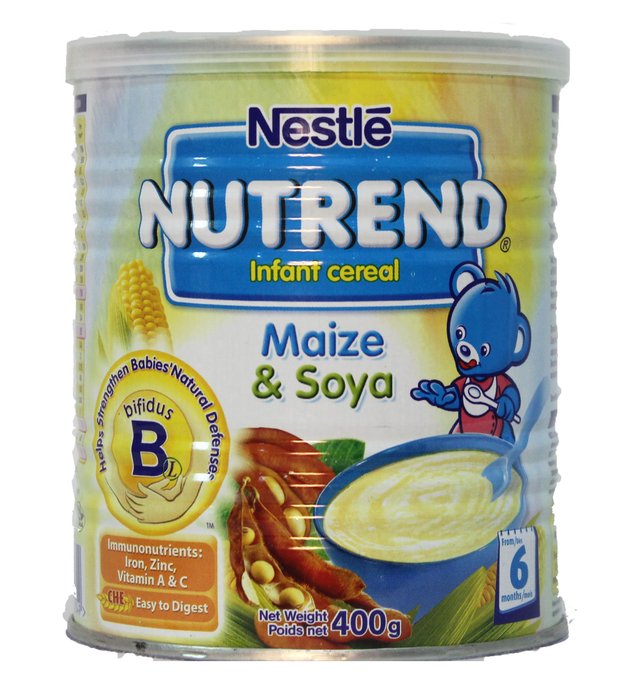
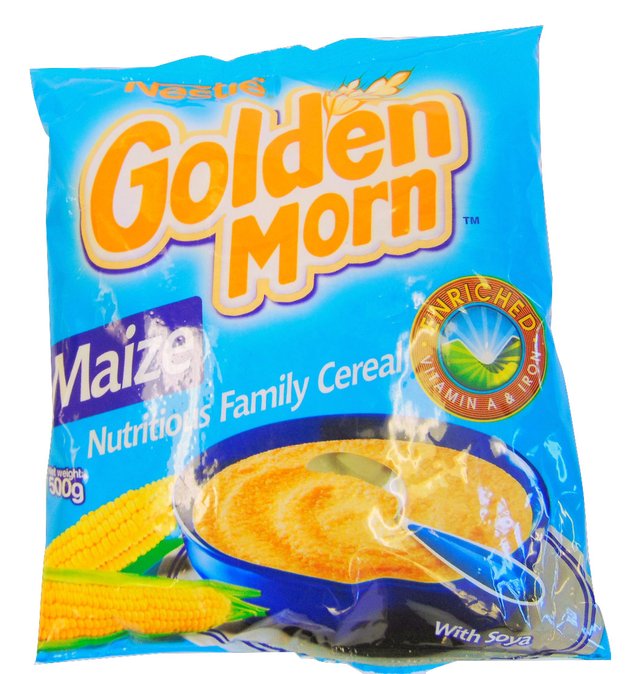
In Nestlé foods, an international food manufacturing company, cereals produced are divided into two types: INFANT CEREALS and ALL FAMILY CEREALS. All family cereals are cereals produced for older children and adults, or "adult cereals" whereas infant cereals are specifically produced for babies between the ages of 0–3yrs.
Most individuals make the mistake of believing that cereal is cereal, no difference, hence they feed their babies any type of cereal. I will go a bit scientific in explaining the difference between both types of cereals.
One of the major differences between these cereals is the process of Hydrolysis. Infant cereals undergo hydrolysis while All family cereals need not undergo hydrolysis.
WHAT IS HYDROLYSIS?
Hydrolysis is the degradation of a substance. It is the splitting of chemical bonds by the addition of water. The word itself is formed from the Greek words "hydro" and "lysis" which means water and separation. Hydrolysis is usually a step in the processing of baby foods due to the internal organs of babies not being strong enough to digest some food substances. Starch molecules break down by reacting with water molecules, and if any molecules react with water molecules to break apart, then this is called a hydrolysis reaction. Hydrolysis can be partial or complete.
TYPES OF HYDROLYSIS
The major types of hydrolysis are enzyme-induced and acid-induced hydrolysis. Starch can be hydrolyzed into simpler carbohydrates by acids or enzymes. Enzymes that breakdown or hydrolyze starch into sugars are known as amylases. Breaking down starch by heating with an edible acid is called acid hydrolysis.
Some indigenous people make grains easier for babies to digest by soaking the grains for 24 hours or more and mildly fermenting them before processing them into food for babies.
WHY IS BABY FOOD HYDROLYSED?
Babies produce a small amount of salivary amylase—an enzyme that helps digest grains—because of their under-developed organs and they produce almost no pancreatic amylase until after their molars are developed. The digestive systems of most babies is not strong enough to handle grains, cereal, or wheat until they are older.
EFFECTS OF UNHYDROLYSED CEREALS ON BABIES
Babies cannot digest grain unless they produce digestive enzyme amylase. Undigested grains or cereals can destroy a baby's intestinal lining.
Food allergies, loss of weight, vomiting, and irritation can occur in babies as well.
HOW CAN YOU RECOGNIZE IF A CEREAL HAS BEEN HYDROLYSED?
Infant cereal is usually described by manufacturers as easy to digest on their packs. They are specially designed to be suitable for babies when breast milk alone can no longer meet their nutritional demands.
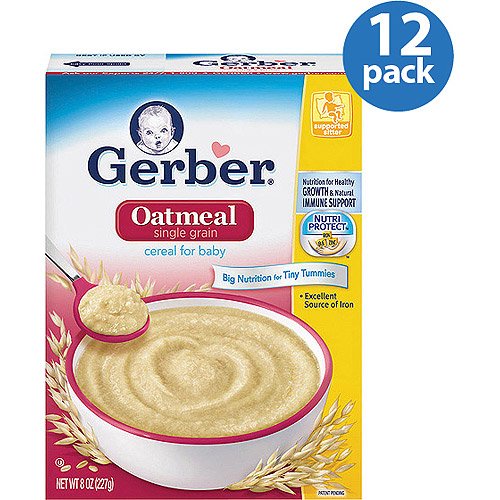
Also, food manufacturers now indicate on each pack whether the cereal is for infants or older children. For example, COMPLAN, a milk manufacturer in Nigeria, indicate on their product that it is not to be fed to children below 3 years of age.
Nestlé, another food manufacturing company, indicate on their pack that the popular "Golden Morn" cereal is an all family cereal meant for older children and adults, not children below the age of 3. A lot of mothers, however, do not adhere strictly to this. Most babies have been lucky to go unhurt consuming substances too advanced for their internal organs, while some of their counterparts have not been so lucky.
Finally, we have to become more observant when it comes to feeding our children. We must be more label aware and we must always ascertain that a packaged cereal or formula is suitable for infants before feeding it to them. Some individuals go the extra mile to prepare their own formulas for their babies using natural nutritive products and if this cannot be done, be label aware.
References
Authored by @ponmile
Click on the coin to join our Discord Chat
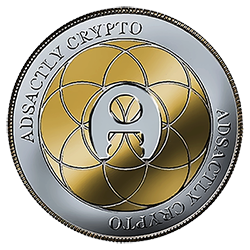
Witness proposal is here:
Go To Steem Witness Page
In the bottom of the page type: adsactly-witness and press vote.

Use small letters and no "@" sign. Or, click here to vote directly!
Thank you!
This is very educative, most parents ain't aware of this, some infant who react to the feed try to communicate with their parents by crying but parents are ignorant, they don't even understand their kids sign Language. Brest milk is the best for infant if you can't breastfeed, give them pure water, water is life.
Thanks for this article, ô happy I came across it
Resteemed!
Breastfeeding is actually the best.. Thanks for your addition
breast milk is still best for babies. its a fact of the bible support by science and bible written thousdand of years ago before science even exist. great post
Absolutely agree with this article. Best things to feed to babies after 6 months are: mashed banana, mashed avocado, applesauce, bone broth and pureed meat. Thanks for sharing.
realy helpful post.thanks @adsactly
FollowBack every day 100%
I believe it's ignorance or the lack of proper education of the caregivers that is to blame for the injuries babies suffer from intake of cereals clearly not meant for them.
Nice
what about cerelac ?? my favor one childhood tasty yummy 😍😍
Cerelac is okay for babies...It is broken down and processed for easy digestion for babies
Hola hermano @adsactly, buena explicación sobre los tipos de cereales, la verdad no tenía conocimiento de que había diferencia entre cereales, ni lo de la hidrólisis en los cereales para bebes. Gracias por la información.
Wow! Happy to come across this
I remember feeding one of my niece with golden morn when she was about 2 years old because she loved it, never knew there was specifications on it
This is very informative, thanks
o my GOD.i have a baby.and i give him .thank you for your post.